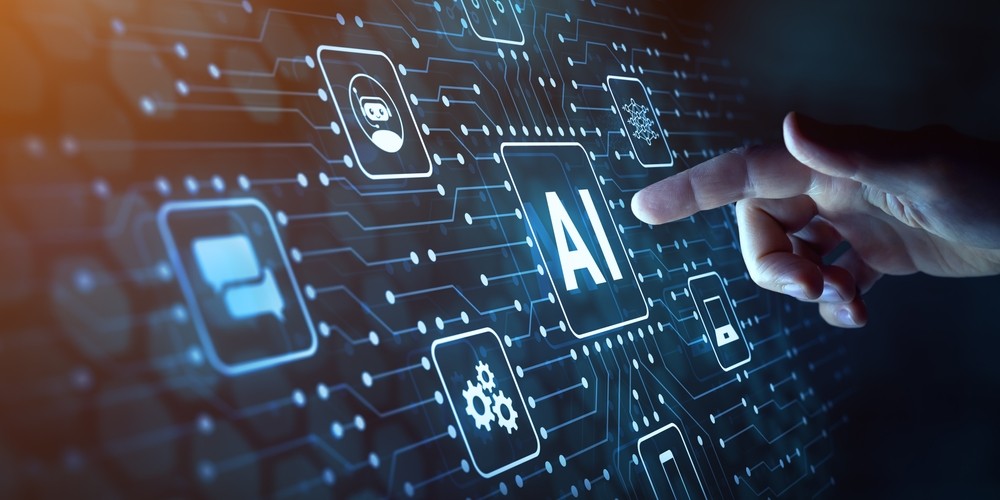Based on insights from over 1,000 IT and security leaders worldwide, the 2025 State of Ransomware Report reveals an increasingly volatile threat landscape driven by AI-powered attacks, stolen credentials, and Ransomware-as-a-Service (Raas). While only 57% of organisations paid ransoms, down from 76% in 2024, the frequency and impact of attacks continued to grow as threat actors turned to other tactics like extortion, with 85% of ransomware victims threatened with exposure.
“Ransomware has evolved into a shape-shifting, AI-enabled threat that no business can afford to underestimate,” said Art Gilliland, CEO at Delinea. “In order to combat the sophistication of today’s attacks, organizations must fight AI with AI and embrace proactive, identity security strategies like zero trust architecture, Privileged Access Management, and continuous credential monitoring to stay ahead.”
AI: The Double-Edged Sword
The report highlights the growing role of AI on both sides of the ransomware equation. Threat actors are using AI to automate phishing, impersonate trusted individuals via deepfakes, and accelerate attacks. At the same time, defenders are increasingly relying on AI to detect and respond to threats faster, with 90% of organisations now using AI in their ransomware defence strategies – primarily within Security Operations Centres (64%), for analysing Indicators of Compromise (62%), and to prevent phishing (51%).
Despite 90% of executives expressing concern over ransomware threats, many organisations continue to fall short in essential security practices, with only 34% enforcing least privilege access controls and just 57% implementing application control measures. Most victims reported extended recovery times, with 75% taking up to two weeks to recover.




